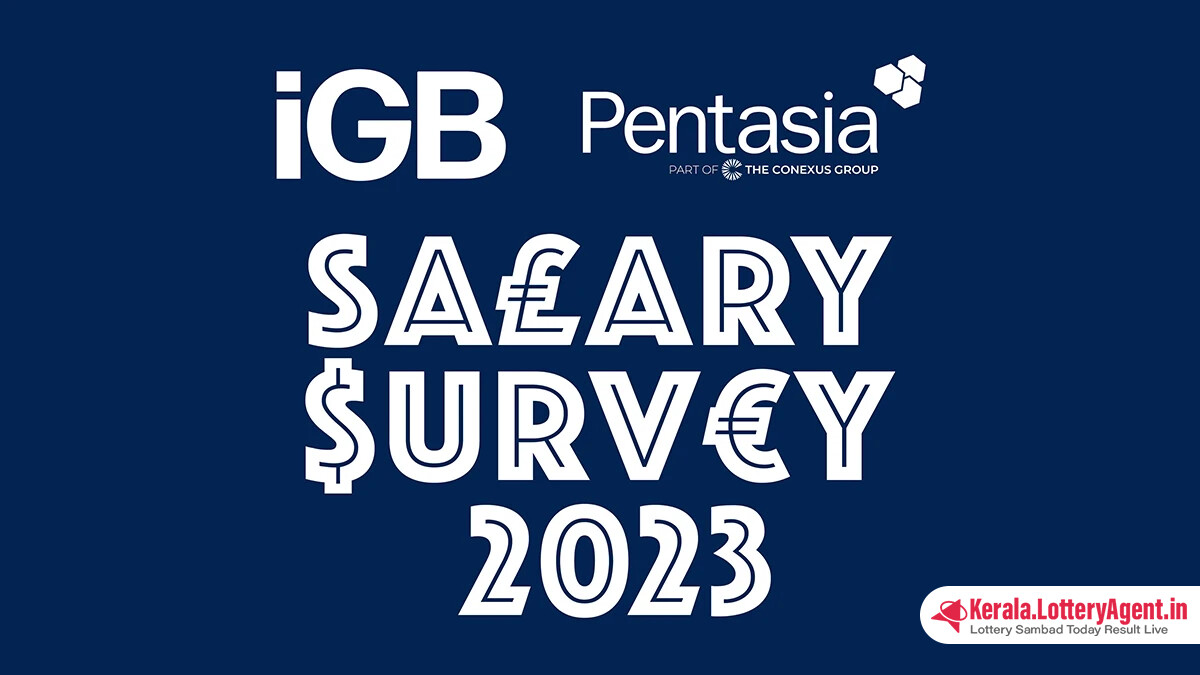
Alastair Cleland, the managing director of iGB Pentasia, has provided insightful comments on the key trends highlighted in this year’s iGB Pentasia Salary Survey. The iGaming industry has experienced a shift in compensation trends, revealing both challenges and opportunities for companies and employees alike.
The realm of iGaming has seen a significant change in salary increments compared to the previous year. While 2022 boasted record increases, with some professionals enjoying wage hikes up to 30%, current wage growth has tapered. There has been a modest rise of approximately 4%, which roughly aligns with inflation rates, indicating a period of wage stagnation.
iGaming companies have been dealing with financial constraints partly evidenced by operational layoffs earlier on, which has led to stricter budgeting and more cautious expenditure in various areas. Despite these conditions, the need for investment remains clear, particularly when it comes to securing the necessary human talent. Firms that are visionaries, linking compensations with their strategic objectives, are conscious that the acquisition and preservation of top-notch talent are vital for their continuing success.
Indeed, the demand for tech-savvy professionals remains a candidate-driven market despite widespread layoffs in January and another round of job cuts in October. Given the tech-driven nature of the industry, coupled with stringent regulatory requirements, the need to attract and retain skilled individuals is more important than ever.
The workplace has also transformed with the rising trend of hybrid work models, which have been universally embraced in the global iGaming sector. Flexibility is now highly prized among employees, and those companies still adhering to old school, 9-to-5 in-office mandates often face difficulties in recruitment and employee retention. A more adaptable approach to work has been proven to effectively engage and retain employees in this highly competitive market.
Another factor influencing the iGaming industry has been changes in legislation, particularly the surge in demand for legal and compliance expertise. However, the extended postponement of the UK Gambling Act review has plunged many businesses into a state of uncertainty, affecting both resource allocation and employee morale, thereby limiting growth and direction.
A Conexus Group Skills & Employment Survey revealed that over 60% of surveyed individuals felt that a primary challenge in motivating their workforce was associated with furnishing opportunities for professional development, emphasizing the importance of training and education. Employees are seeking consistent and relevant training to excel in their roles. Notably, the iGaming industry has a strong appetite for training in areas such as risk and compliance – responsible gaming, anti-money laundering (AML), countering terrorism financing, and anti-bribery measures, to name a few. This inclination towards specialized learning is corroborated by the iGaming Academy’s reported surge and continued demand for such courses across major jurisdictions.
Brooke Petersen, chief marketing and growth officer for Pentasia’s parent company, The Conexus Group, underscores the crux of the matter. In the realm of iGaming, where the pace is fast and the stakes are high, equipping employees not only with competitive salaries but also with the right skills via ongoing educational opportunities, can spell the difference between a company’s stagnation or its dynamic progression. The current landscape, marked by modest wage increases and a demand for increased flexibility, suggests that strategic investments in talent development are not just beneficial but imperative for the industry’s sustained success.












